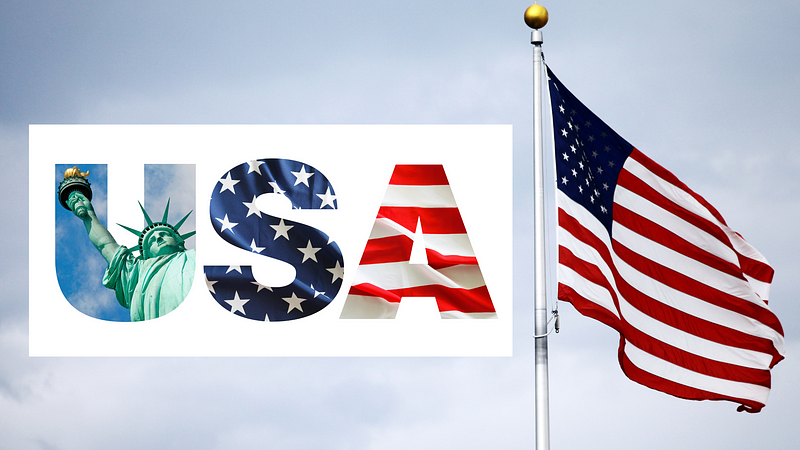Limited liability companies (LLCs) are a popular business structure in the United States because they provide personal asset protection for the members. This means that the personal assets of the members, such as their homes, cars, and personal bank accounts, are generally not at risk in the event of a lawsuit or bankruptcy. However, it’s important to understand that personal asset protection is not absolute and there are certain situations where members can still be held liable.
First, members can still be held liable for their own wrongful actions. For example, if a member of an LLC is found to have committed fraud or embezzlement, they can be held personally liable for those actions. Additionally, members can also be held liable for their failure to follow state regulations. For example, if a member fails to file required annual reports or pay necessary fees, they can be held liable for any penalties or fines resulting from those failures.

It’s also important to understand that personal asset protection may not extend to all of your assets. For example, if a member of an LLC has a personal guarantee on a loan or line of credit, that guarantee may still be enforceable even if the LLC is sued or goes bankrupt. Additionally, if a member of an LLC has assets in another business, such as a partnership or sole proprietorship, those assets may not be protected by the LLC’s personal asset protection.
Given these limitations, it’s important to take steps to protect yourself and your assets even if you are a member of an LLC. One way to do this is by purchasing liability insurance, which can provide additional protection in the event of a lawsuit or other legal action. Additionally, it’s important to review and update your LLC’s operating agreement regularly to ensure that it complies with state laws and regulations, and to seek legal advice when necessary.
In conclusion, LLCs provide personal asset protection for the members, but it’s important to understand the limits of that protection. Members can still be held liable for their own wrongful actions or failure to follow state regulations. Therefore, it’s important to take steps to protect yourself and your assets, such as purchasing liability insurance and staying informed about state laws and regulations. By understanding the limits of personal asset protection provided by an LLC, you can take the necessary steps to protect yourself and your assets.





0 comments:
Post a Comment